
Helping hands across the border: the project helping disabled children to escape the war
An EU-funded cross-border cooperation project supporting children with disabilities between Ukraine and Poland has mobilised to help more than 100 Ukrainian families with children to travel to Poland and find long-term shelter as they flee the Russian invasion.
The ‘Borderland of Equal Chances’ project supports people with disabilities from Zamość in Poland and Kremenets in Western Ukraine, offering them social care and rehabilitation.
But when Russian invaded Ukraine on 24 February, the project team in Kremenets had a particular concern: what would happen to their patients and wards – children with disabilities, who are the most vulnerable group of people in such situations?
Fortunately, their partners from Poland – the ‘Step by Step Association for Help to Disabled Children’ – were there to help. The staff of the Polish association immediately began collecting children with their families from the Ukrainian-Polish border and helping them to find a long-term place to stay in Poland.
“Thanks to them, we managed to transport 10 children from our area during the first days of the war,” says Alla Andrushchuk, the Head of the ‘Dawn of Hope’ organisation implementing the project in Kremenets. “But somehow people from other places learned about us and I started receiving calls from other places in Ukraine. We have received more than 100 such requests to help in getting across the border.”
As the war spread into other areas of Ukraine, the flow of internal refugees to Western Ukraine dramatically increased. Kremenets became a temporary home for 13,000 people from regions affected by the war. The ‘Dawn of Hope’ Rehabilitation and Education Centre hosted people from Bucha, Irpin, Odessa, and Kharkiv oblasts. For children with disabilities, seeking a refuge across the border in Poland was the safest option, and the project partners have been at hand to help them find a place to stay there. Since the beginning of the war, the project has managed to arrange travel for over 100 families with children.
Among them was Eugene, a boy from Chernihiv, who covered over 10 kilometers alone on a wheelchair to escape the war. Or a mother of two children, including a 16-year-old girl with a severe mobility disability, trapped in occupied Kherson, who contacted the organisation and prayed for help. They had to wait for 50 days to get out of the city, but now, with help from the project, they are safely in Lublin in Poland.
Alla and her colleagues have no time to rest. They take families in need to the border on their bus or car, then return to Kremenets with humanitarian aid. Previously, Alla’s most important goal was to finish the construction of the Centre and provide trainings to the team of care specialists. Now, because of the war, everything has changed. Although the construction is still in process, the future is vague and it’s not easy to make any plans.
The Borderland of Equal Chances project is funded by the European Union under the Poland-Ukraine-Belarus Cross-Border Cooperation Programme.
Find out more
MOST READ
SEE ALSO
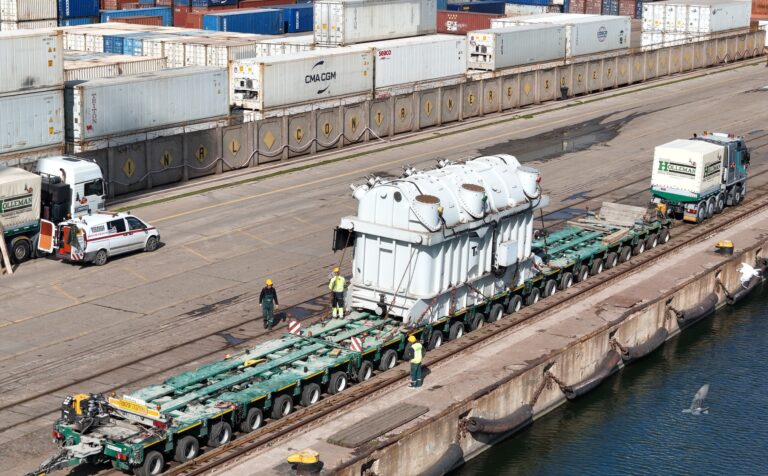
EU Civil Protection Mechanism delivers powerful transformer to Ukraine
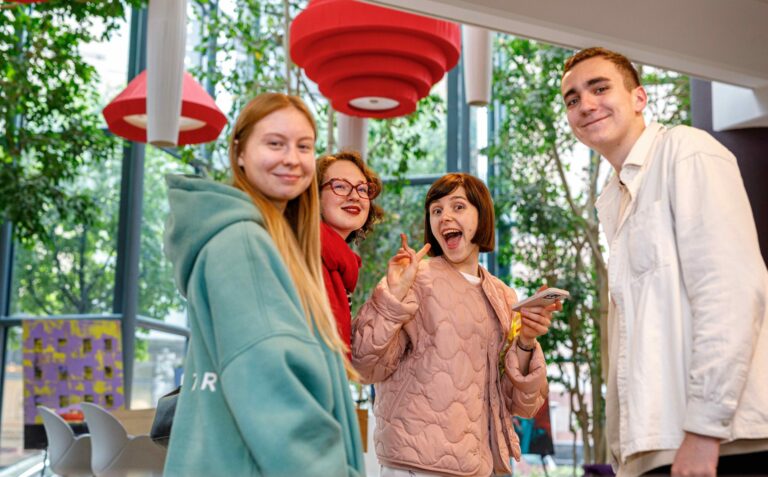
Voice Your Vision: Young European Ambassadors take part in European Forum of Young Leaders in Warsaw
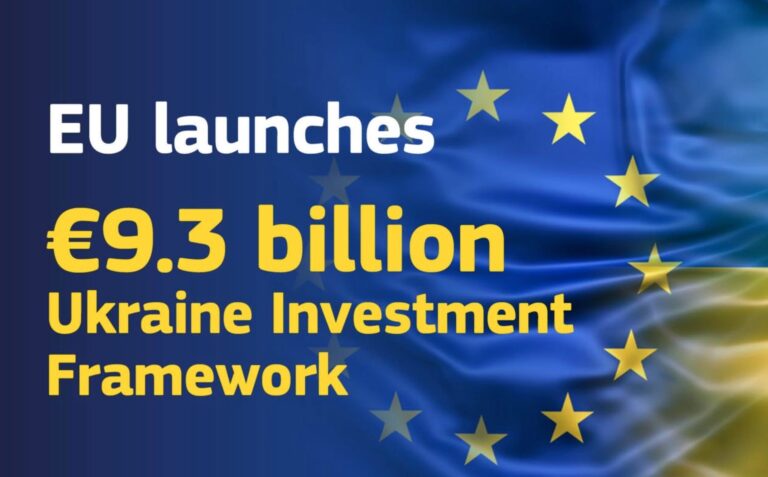
Investments for recovery: EU sets up Investment Framework under its Ukraine Facility
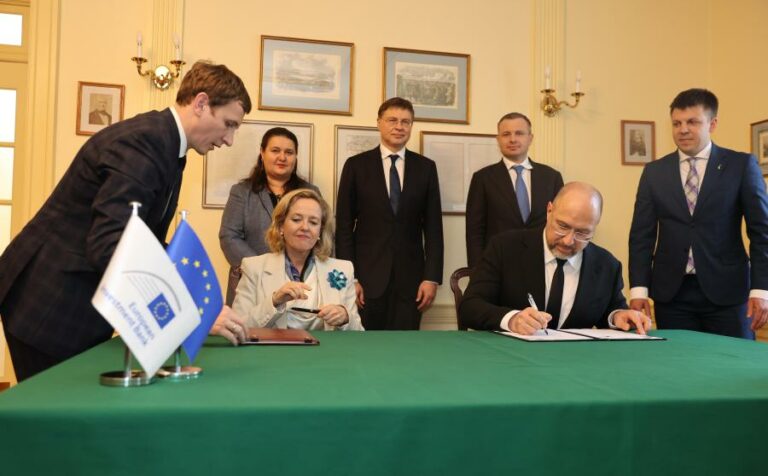
EIB and Ukraine Government to accelerate deployment of financial support and project execution on the ground
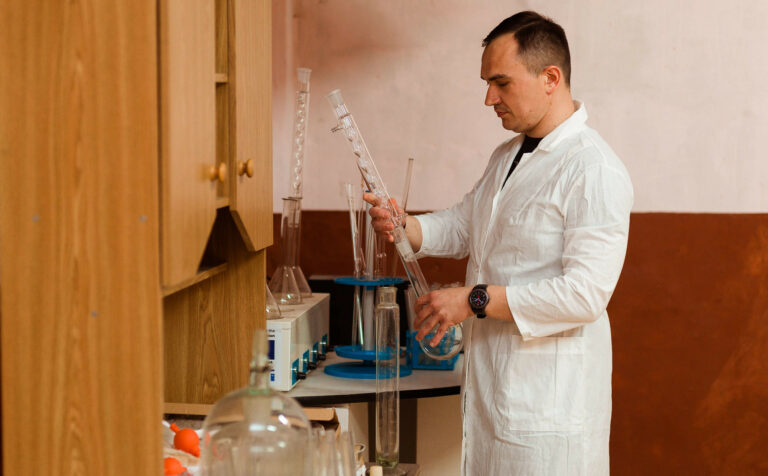
EU allocates extra €10 million to support researchers from Ukraine under Horizon Europe
More campaign pages:
Interested in the latest news and opportunities?
This website is managed by the EU-funded Regional Communication Programme for the Eastern Neighbourhood ('EU NEIGHBOURS east’), which complements and supports the communication of the Delegations of the European Union in the Eastern partner countries, and works under the guidance of the European Commission’s Directorate-General for Neighbourhood Policy and Enlargement Negotiations, and the European External Action Service. EU NEIGHBOURS east is implemented by a GOPA PACE-led consortium. It is part of the larger Neighbourhood Communication Programme (2020-2024) for the EU's Eastern and Southern Neighbourhood, which also includes 'EU NEIGHBOURS south’ project that runs the EU Neighbours portal.

The information on this site is subject to a Disclaimer and Protection of personal data. © European Union,







